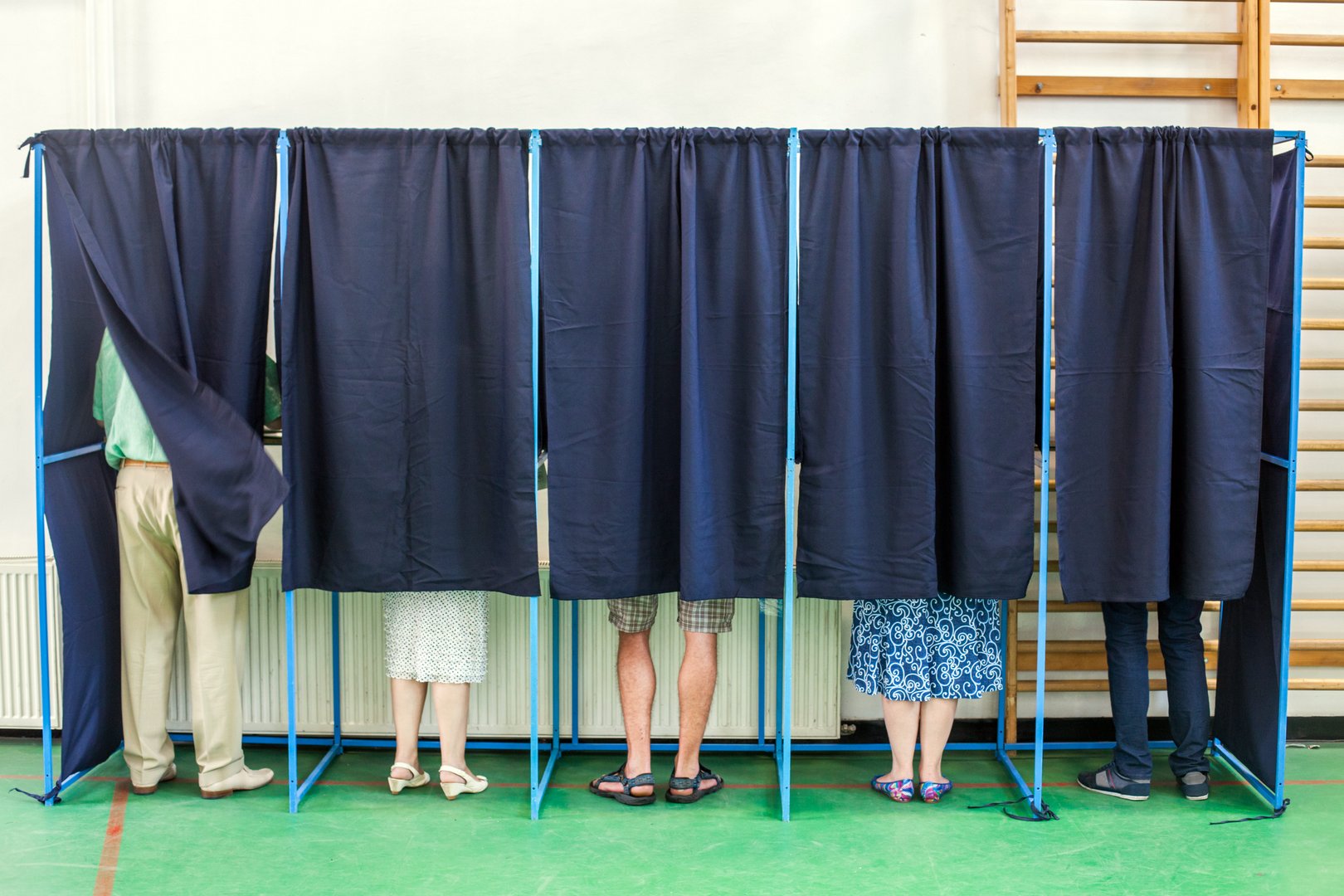Most young Cypriots who will not vote in the upcoming European elections say they have no trust in the political system, a Eurobarometer survey revealed on Tuesday.
Cyprus has the lowest number of youths active in initiatives aimed at changing society, at 31 per cent, compared to the EU average at 48 per cent, the findings of the ‘Youth and Democracy’ survey showed.
Initiatives include signing a petition, participating in a rally or sending a letter to politicians.
“The proportion of respondents mentioning distrust in the political system in general as a reason for not voting is the highest in Cyprus (28 per cent) and Spain (24 per cent),” the report said.
Ahead of the elections on June 9, youths aged 15 to 30 across the bloc were asked to participate. Cyprus’ sample was gathered between April 4-12 with 509 individuals.
The findings also showed that “not liking any political party or candidate is a reason for not voting for 24 per cent of respondents in Cyprus, compared to six per cent in Finland.”
The second more popular reason for those not intending to vote is that they are not interested in politics (21 per cent) and that the EU does not concern itself enough with their problems (20 per cent in Cyprus, 16 per cent in the EU).
Additionally, 19 per cent of young Cypriots believe their vote will not change anything.
In total, 53 per cent of young people in Cyprus said they intended to vote (compared to the EU’s average at 64 per cent), while 16 per cent of Cypriots said they were not interested in casting a vote (13 per cent in EU).
A large majority reported that the education system in their countries prepared them well for the challenges they face, with 71 per cent of young people in Cyprus (73 per cent in the EU) believing that through education they have acquired the necessary digital skills to identify misinformation.
Additionally, 64 per cent of young Cypriots (67 per cent in the EU) believe that the EU has an impact, at least to some extent, on their daily lives, while 30 per cent say it does not (26 per cent in the EU).
“The 2019 election saw a big increase in youth participation. In the current turbulent times, I’m optimistic that 2024 will see us build on that positive trend, to allow for our European democracy to thrive,” said Margaritis Schinas, Vice-President for Promoting our European Way of Life







Click here to change your cookie preferences